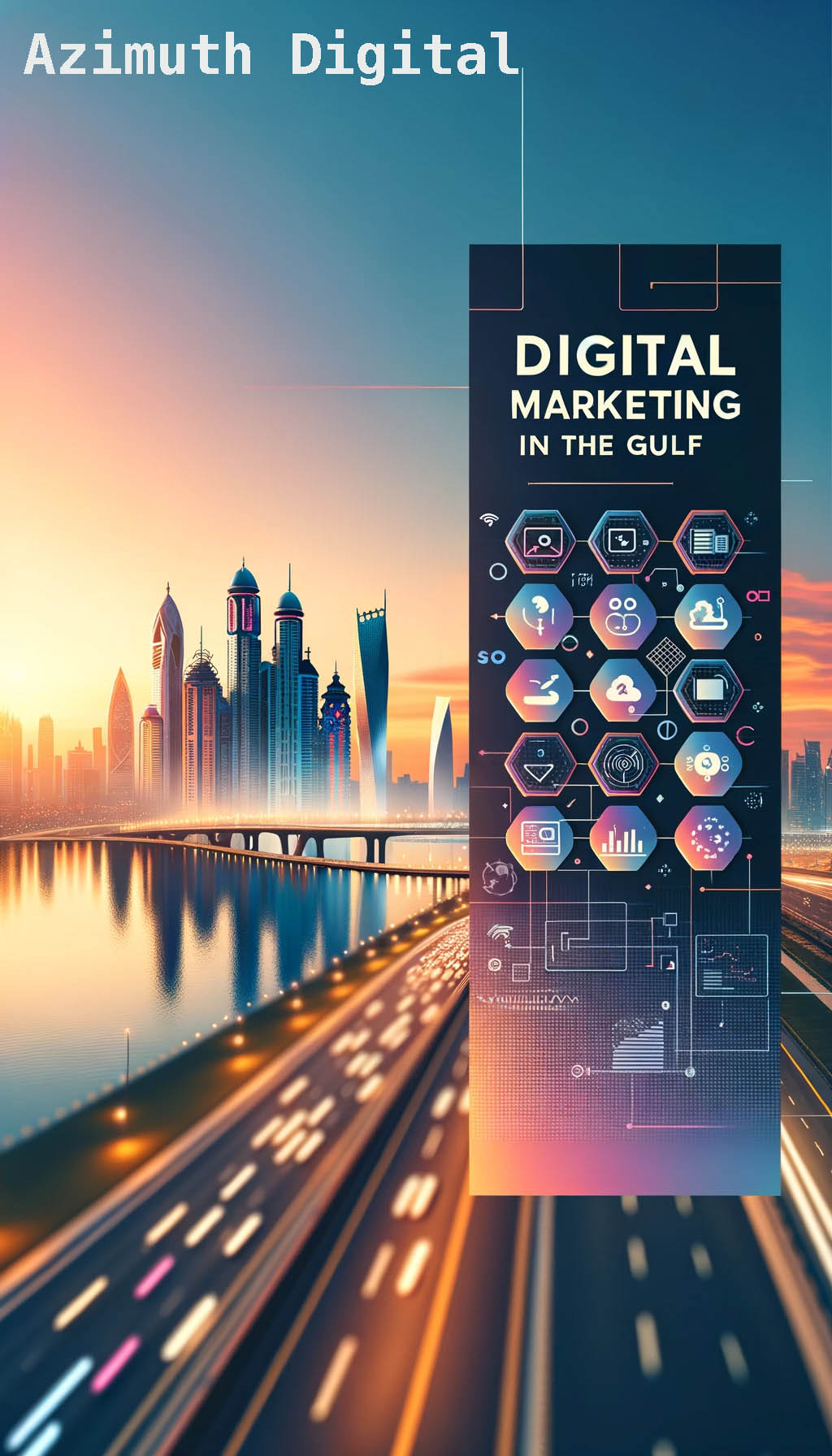In this interview with Campaign Middle East, Langpros’ CEO Matteo Ippoliti identifies new opportunities for multinational businesses after the pandemic shock.
What Changed after COVID-19
Coronavirus deeply changed the way international players all over the world operate, and in some instances, lockdowns and social distancing measures put companies out of business.
However, in this challenging landscape, we can still find encouraging trends and new growth opportunities. We are currently experiencing an all-time high for digital content consumption and e-commerce purchases, and even the more traditional industries are rapidly shifting towards on-line presence and virtual, live-streamed events.
While some of these changes in our habits might hopefully be temporary, most are here to stay.
With this outlook, investing reliable and engaging localization services could make the difference between a struggling business model and a successful one. Being closer to local markets means to reach the cultural horizon of more potential customers, while a careless, “one-size-fits-all” solution can alienate users and result in a loss of reputation for your brand.
Localization and Opportunities for Growth
While during the first months after the Coronavirus outbreak, the world had seemed to stop, it is now clear how international communication and the role of translation are still relevant, perhaps more than ever.
Marketing campaigns choosing to invest in a standardized global message, often In English, can be ineffective as most local cultures would label this communication as foreign to their world, and in the worst cases, this could lead to political issues.
Investing in localization of marketing campaigns means valorizing cultural and linguistic diversity, coming closer to the final users, and establishing a trust relationship with them.
While more superficial translations only take into consideration language differences, insightful localization has a holistic approach towards every aspect of the marketing campaign, embracing the customer’s needs of identification, complicity, and empathy.
Go Beyond Borders with Transcreation
Marketing translation, unlike the legal or technical domains, does not put accuracy and consistent terminology as the ultimate goal. Great marketing translators prefer using their creativity and cultural awareness to find new ways to convey the same images and tone of voice, rather than producing a googleish word-to-word translation.
This task can be quite demanding, as adverts are often based on puns or cultural elements, and any mistake can potentially be very costly. The most infamous example is HSBC’s claim “Assume Nothing”, which was translated word-by-word in many countries as “Do Nothing”: the rebranding campaign cost the company $10 million.
This is why expert localizers today opt for transcreation, combining the virtues of translation and marketing copywriting and delivering an original-sounding text appealing for the target audience and still in line with the source.
Transcreation is the best way to cultivate a prolific link with local communities, building trust and, ultimately, increasing your sales performances in that market.
Since 2011, clients choose Langpros to expand their operations into new markets.
Do you think the exponential growth of online content will continue after the end of the pandemic? What are your strategies to thrive in a COVID economy?












